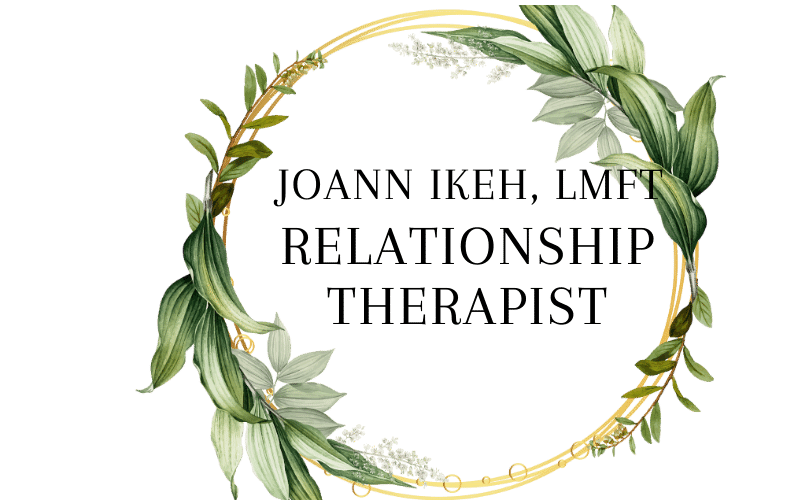Avoidant Attachment
Attachment theory is a psychological framework that describes the way people form and maintain relationships. One type of attachment style is avoidant attachment, which refers to a pattern of behavior in which individuals tend to avoid intimacy and emotional closeness with others. Avoidant attachment can have negative effects on personal relationships and overall well-being, but there are strategies that individuals can use to manage and overcome this attachment style.
What is Avoidant Attachment?
Avoidant attachment is characterized by a desire for independence and a reluctance to rely on others for emotional support. People with avoidant attachment often suppress their emotions and avoid situations that involve vulnerability or emotional intimacy. They may also prioritize their own needs over those of their partner, and have difficulty expressing affection or empathy.
Individuals with avoidant attachment typically have a history of emotional distance and detachment from caregivers or parents during childhood. This can lead to a learned behavior of avoiding emotional attachment in order to protect themselves from potential hurt or disappointment.
How Does Avoidant Attachment Affect Relationships?
Avoidant attachment can have a significant impact on personal relationships. Individuals with this attachment style may struggle to form and maintain close relationships due to their tendency to avoid intimacy and emotional connection. They may also be perceived as distant or uncaring by others, which can cause conflict and strain in relationships.
People with avoidant attachment may also struggle with feelings of loneliness and isolation, as their reluctance to rely on others for emotional support can lead to a lack of close social connections. This can have negative effects on mental health and overall well-being.
Overcoming Avoidant Attachment
While it can be challenging to overcome avoidant attachment, there are strategies that individuals can use to manage and overcome this attachment style.
One approach is to practice self-awareness and reflection. Individuals with avoidant attachment can benefit from examining their feelings and behaviors, and identifying patterns that may be contributing to their avoidance of emotional connection. This can help them to understand the root causes of their attachment style, and develop strategies to manage their emotions and behavior.
Another strategy is to work on developing emotional intelligence and empathy. People with avoidant attachment may struggle with expressing and recognizing emotions, which can lead to misunderstandings and conflict in relationships. By learning to identify and express their own emotions, and recognizing the emotions of others, individuals with avoidant attachment can improve their ability to form and maintain close relationships.
Finally, seeking support from a therapist or counselor can be helpful for individuals with avoidant attachment. Therapy can provide a safe space to explore emotions and work through issues related to attachment and relationships. Therapists can also provide guidance and support in developing strategies to manage avoidant attachment and improve relationships.
Joann Ikeh, LMFT
onlinecouplecounseling.com


